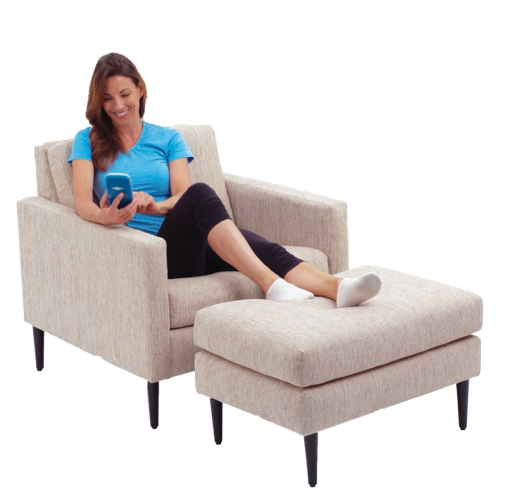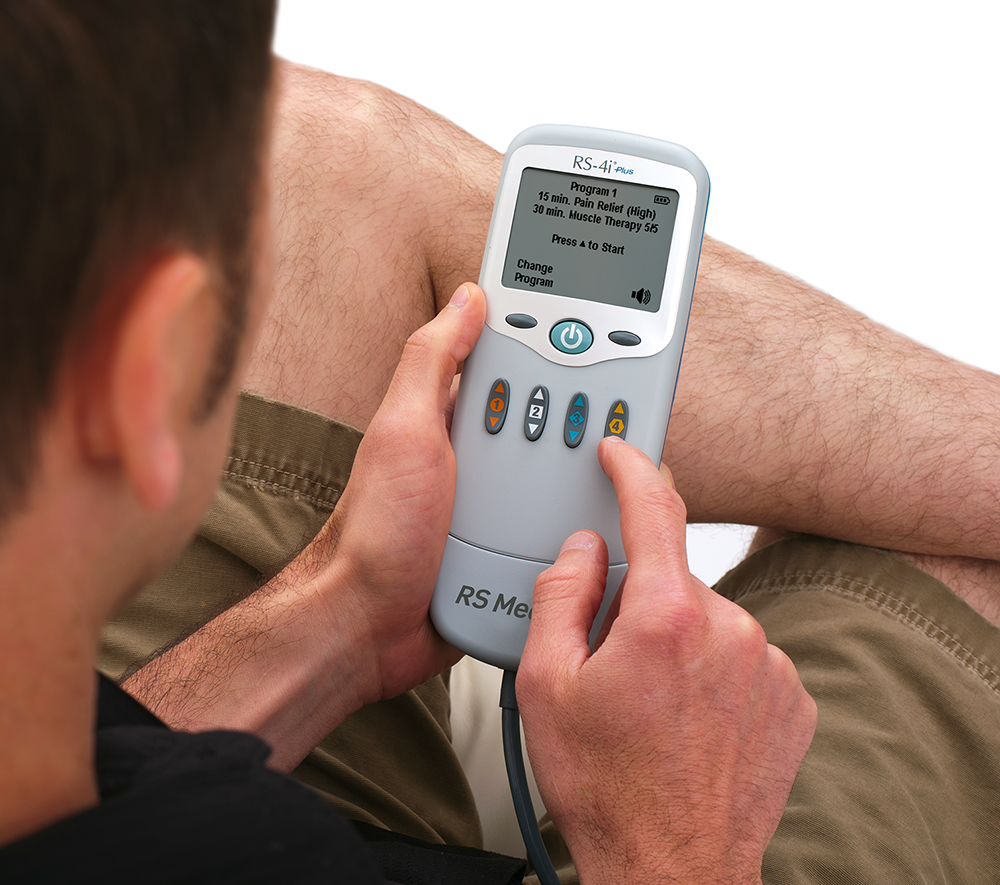There’s no shortage of treatment options for chronic musculoskeletal pain, including physical therapy, medications, surgery, massage, psychotherapy and more. But there’s often no simple fix and, as opioids have shown, definitely no magic pill. There is, however, one doctor-prescribed treatment that’s proving to be popular for a number of reasons: electrotherapy with the RS-4i Plus.
Here are 6 reasons why you should consider the RS-4i Plus for self-managed pain relief.
Read More












